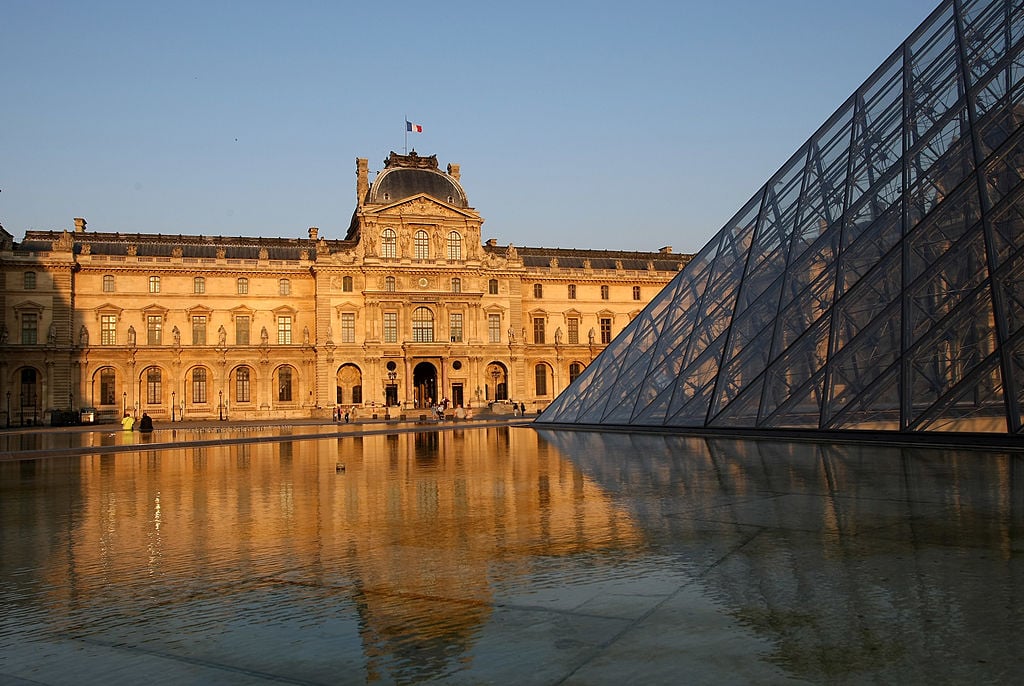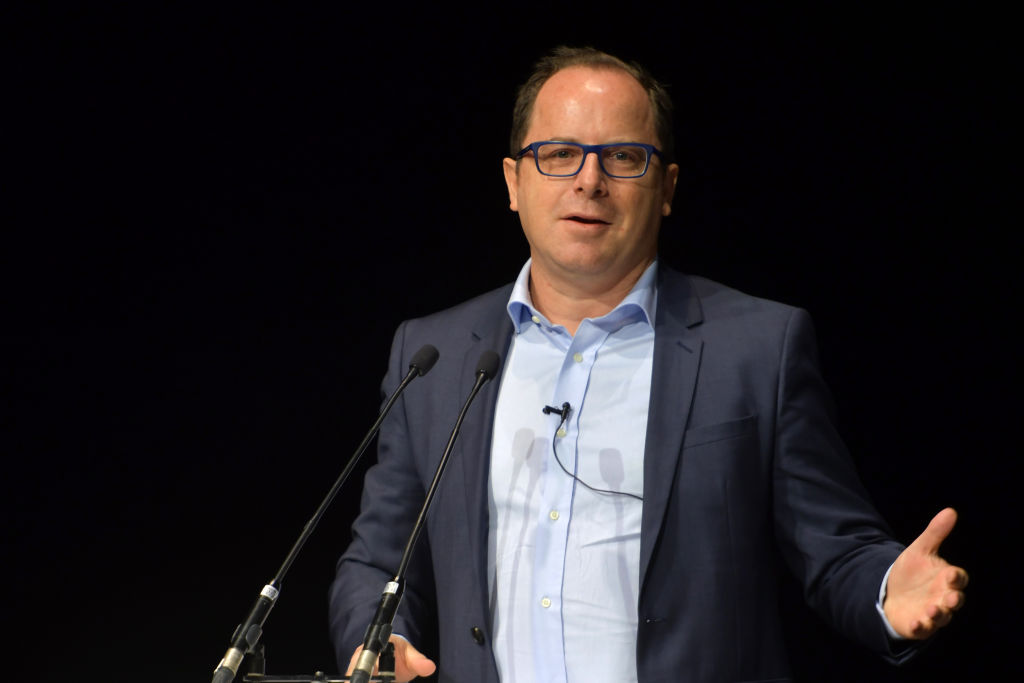Law & Politics
A French Court Could Clear Laundering Charges Against a Curator in Louvre Investigation
The charges against museum director Jean-Luc Martinez, however, remain and his case continues to move forward toward trial.

The charges against museum director Jean-Luc Martinez, however, remain and his case continues to move forward toward trial.

Devorah Lauter

Jean-Francois Charnier, the curator indicted along with the Louvre former director, Jean-Luc Martinez, of laundering trafficked antiquities that were sold for tens of millions of dollars to the Louvre Abu Dhabi, may see charges against him dropped, thanks to a decision in his favor by France’s highest court of appeals. The charges against Martinez, however, remain and his case continues to move forward toward trial.
On Tuesday afternoon, France’s Court of Cassation annulled a February decision by a lower Paris court, ruling it had made an error in dismissing one key legal argument by Charnier’s defence in his appeal. The decision, announced in a document viewed by Artnet, specifically casts doubt on Charnier’s interrogation by police and opens the door for its removal from the sprawling criminal case file, and eventually the dropping of all charges against him.
That is the hope, at least, of Charnier’s lawyer, Corinne Hershkovitch, who said in a phone interview that the decision “is a very good start.” Considered alongside the public prosecutor’s surprise request last year to drop all charges against both men, due to “a lack of serious or consistent evidence”—which was ultimately denied by the appeals court—this week’s decision “could make the judge leading the investigation reconsider,” Hershkovitch said.
The recent ruling involved some “very complex” legal technicalities, rather than whether or not sufficient evidence backs charges held against the Louvre curator and Martinez, Hershkovitch explained. It upholds her earlier argument to the lower court, which focused on incomplete documentation of Charnier’s time in custody in July 2022.

Curator Jean-Francois Charnier Scientific Director of the Agence France-Museums (Giuseppe Cacace/AFP via Getty Images)
The high court’s decision affirmed that this broke legal protocol, meaning Charnier’s interrogation could be thrown out. However, even if the current charges are dropped, the investigating judge could order that Charnier be questioned again by the police, which might lead to new charges.
Charnier did not wish to comment further on the decision, and Martinez’s lawyer was not available to comment at the time of press. But both curators have previously said that, despite rigorous vetting, they were victims of racketeers further up the chain of sale, and had no reason to doubt the provenance of several Middle Eastern and Near Eastern antiquities now suspected to have been looted. Both men were responsible for approving the selection of more than €50 million ($54 million) worth of antiquities for acquisition by the Louvre Abu Dhabi between 2014 and 2018, the provenance documents for which have since been proven fake.
Several other dealers, including Serop Simonian who was recently arrested, have also been charged with money laundering and trafficking in connection to the case.
Following his indictment in 2022, Charnier was forced to resign from his job as scientific director in charge of culture and heritage at AFALULA, a French government-run agency set up to develop an art hub in AlUla, Saudi Arabia. Meanwhile, Martinez, who led the Louvre from 2013 to 2021, and notably worked on the prevention of art trafficking as France’s cultural heritage ambassador, saw his duties reduced.
In addition to the laundering charges, Martinez is accused of “complicity” with the organized trafficking of a rose granite stele depicting the pharaoh Tutankhamun, whose acquisition he approved for the Louvre Abu Dhabi in 2016 for €8.5 million ($9.2 million). In 2019, prior to his indictment, questions concerning the stele’s provenance were brought to his attention, but his defence has insisted that any potential doubts were too insignificant to lead to serious concern, and Martinez did not know about them at the time of the sale.
Nevertheless, his decision to remain silent raises questions about his ethics in a case that continues to tarnish the reputation of the country’s top museums, long considered instruments of diplomatic soft power for French culture.
More Trending Stories:
Conservators Find a ‘Monstrous Figure’ Hidden in an 18th-Century Joshua Reynolds Painting
A First-Class Dinner Menu Salvaged From the Titanic Makes Waves at Auction
The Louvre Seeks Donations to Stop an American Museum From Acquiring a French Masterpiece
Meet the Woman Behind ‘Weird Medieval Guys,’ the Internet Hit Mining Odd Art From the Middle Ages
A Golden Rothko Shines at Christie’s as Passion for Abstract Expressionism Endures
Agnes Martin Is the Quiet Star of the New York Sales. Here’s Why $18.7 Million Is Still a Bargain
Mega Collector Joseph Lau Shoots Down Rumors That His Wife Lost Him Billions in Bad Investments